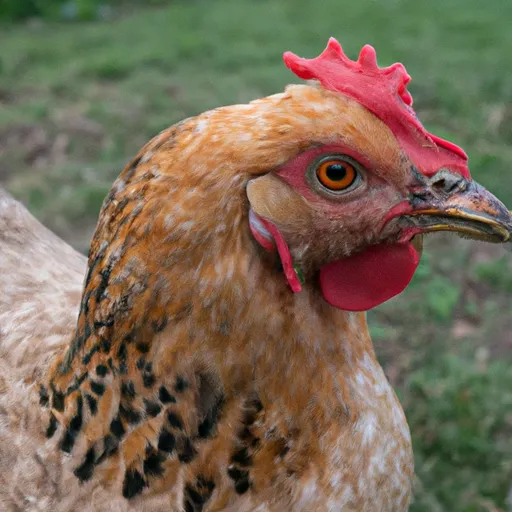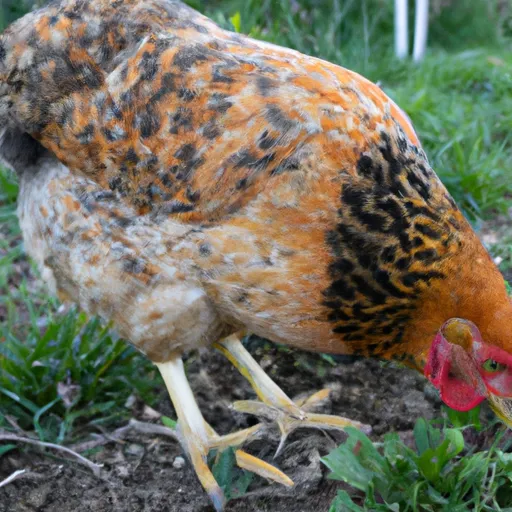5 Tips For Raising Free Range Chickens
There are different ways to raise free range chickens.
Raising them as free range has a number of benefits over many other methods.
But What Exactly Are Free Range Chickens?
You may ask…
Basically, these are the chickens that are allowed to access the outdoors.
Yes…
Fell the grass under their feet.
Not only do they have quality meat and eggs, but they are also happy and healthier as they roam about keeping themselves busy and also eating things that you might not want to know but are otherwise good for their overall health…
Free range chickens also have access to better organic food.
If you decide to raise your chickens using this method, here are six tips for raising free range chickens that will certainly come in handy.
Ensure They Are Adequately Protected
This is, without a doubt, the first thing that you should consider when raising chickens using the free range method.
You want to guard your chickens against all forms of predators including marauding dogs.
And I am not suggesting that you need to sit on a seat with a shot gun at hand all the time your chickens are free ranging.

That would just take up as much time no matter how much you would like to do that.
If you let them roam freely without restricting them to nesting houses, fences, or roosting dens, they will ultimately hide in their nests.
So you could be in for a bit of hide-and-seek.
Timing Is Essential
Clearly define your long-term goals before raising chickens in the free range style.
See also How to Tell if a Speckled Chicken Egg is Fresh and Ready to Use
You need to know that layers will provide eggs for a few years only, and you need a plan for what to do with them once they stop laying eggs.
I would really retire them and say you have done your job.
You will need to feed them on chick mash until they start laying eggs usually within a period of five months.
Ideally, chickens will lay for about one year, stops producing for about a month, before starting to lay them again.
Which means you need to space the ages of chickens in your flock, so you have a good supply of eggs all year-round.
Give Them Enough Space
It goes without saying that free range chickens require enough space to roam about.
Typically, they will need about four square feet per chicken, which is enough for roost and floor space.
Ensure that you place nest boxes in the darkest corners and be sure to cover the top and the sides as well.
They should be at least two feet from the floor together with a rough plank in front that can be easily accessed.
Have Different Varieties Of Chickens
Raising chickens is more fun when you have different varieties in your stock.
While most varieties of chickens lay brown eggs, look for other breeds like the Ameraucana which produces a variety of colors while the small bodied White Leghorn will lay white eggs.
Note that some varieties especially the small bodied chickens may not be able to withstand cold winter seasons or may produce a small number of eggs.
See also Soaring Interest In Chickens For Sale
Therefore, it’s important that you include hardy breeds like the Barred Rock and Rhode Island reds in your flock of chickens.

Failure to make your flock as versatile as possible may mean that the quality of eggs produced could below standard.
Ensure Your Chickens Are Healthy
Your chicken’s health is of paramount importance and should not be compromised.
Irrespective of the size of your flock, strictly monitor their health status if possible on a daily basis.
Avoid contamination from pests like mice and rats.
Ensure that chicks feed on uncontaminated food.
Watch out for disease breakouts that may wipe out your entire flock of chickens.
If there’s a disease breakout, cull the infected chickens and vaccinate the rest to avoid the spread of diseases.
The best choice are free range chickens if you can give this to them if you cannot, at least let them out in your back yard every now and then.
The Chicken Run
